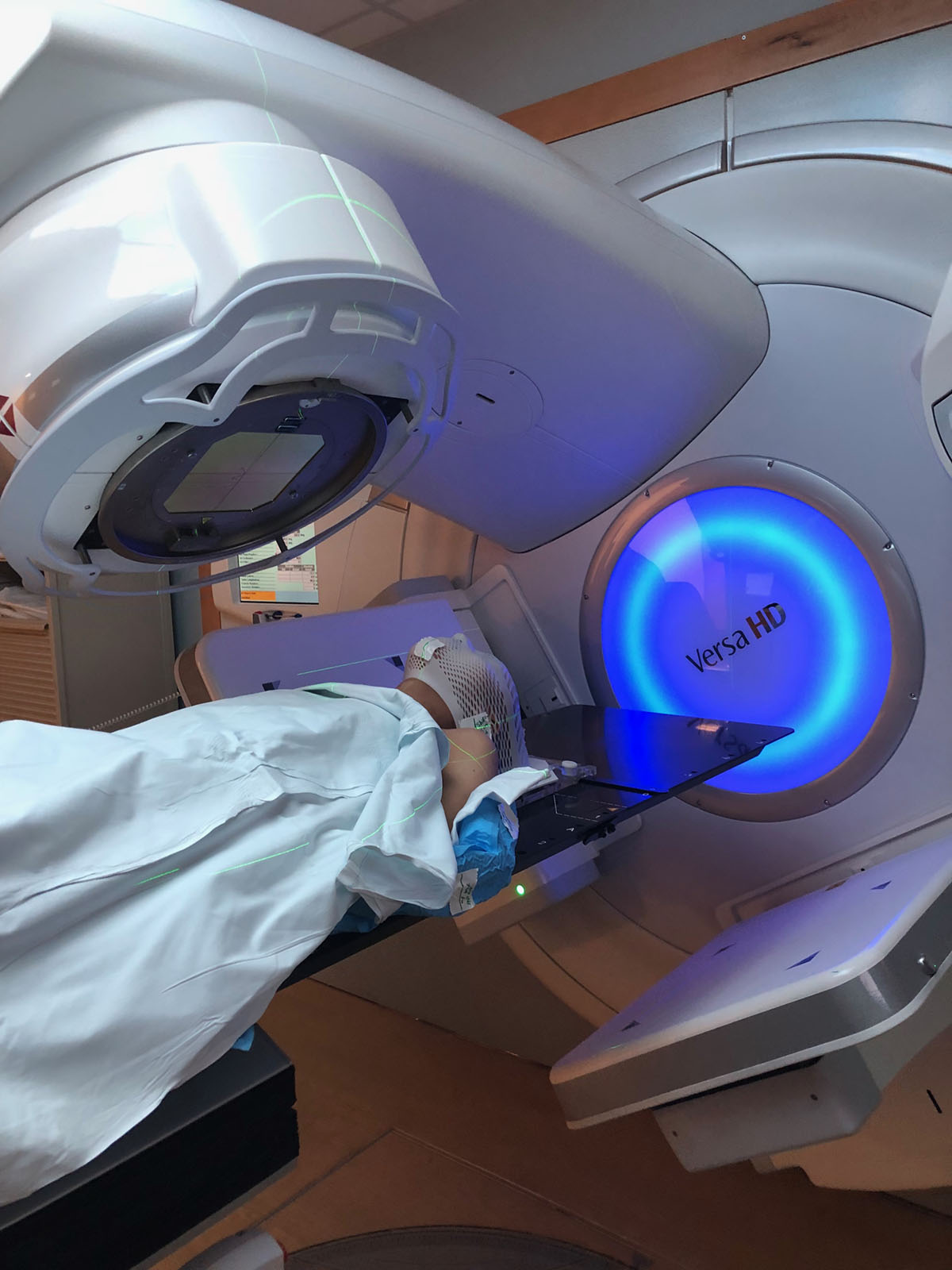
Side Effects of Cancer Treatments
Treatment for cancer usually involves toxic medications (chemotherapy) and radiation. This treatment targets the cancer cells but at the same time, it affects normal, healthy cells in the body. Generally, side effects of cancer treatment are only brief. Also, there are some late side effects that can continue after cancer treatment or even develop several years later.
Common Side Effects of Cancer Treatment
Side effects of cancer treatment that will patients commonly experience include following:
Low Blood Count and Infections. Blood count level is normally decreased after chemotherapy and radiation. Most anti-cancer medications affect the bone marrow that produces white blood cells. Reduced white cell count contributes to various infections. If a cancer patient develops fever it may be a sign of infection and he or she must immediately contact a doctor. Low red blood count sometimes entails transfusion. Nausea. Nausea often follows chemotherapy and vomiting may occur as well. Patients receiving radiotherapy to the abdomen usually feel sick. If occurs, nausea is usually worst in the first several hours after the treatment. In case a patient experiences nausea, he or she should maintain fluid intake, eat salty foods and have several small meals during the day. There are antiemetic or antinausea drugs that can prevent or relieve nausea and vomiting. Hair Loss. After chemotherapy, most patients experience hair loss, but not all drugs cause this. Hair can become thinner or entirely fall out and this can happen on any part of the body. After the treatment is over, the hair usually grows back. Many patients wear wigs during or after the treatment. Sore Mouth. Sore mouth and other dental problems may occur in cancer patients who had undergone radiotherapy to the neck. Patients with sore mouth have problems and feel pain while swallowing food or drinking fluids. These symptoms are generally temporary and can be treated with pain killers. While experiencing this side effect of cancer treatment, a patient should eat mashed food that is easier to swallow. Sore Skin. Radiotherapy to the neck and chest sometimes results in sore skin. In lymphoma, radiation doses are typically small therefore this side effect is rarely severe. Effects on Taste and Appetite. Loss of appetite commonly occurs in cancer patients. In such case, it is recommended to eat several small meals and drink lot of fluids during the treatment. Taste can be also changed while being on chemotherapy or radiotherapy but it is usually restored once the treatment is over. Fatigue. Some degree of tiredness and lack of energy is often seen in treated cancer patients. This may also be connected to decreased appetite.



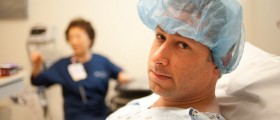
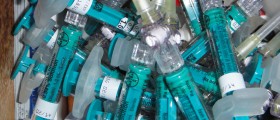
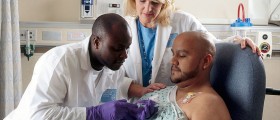
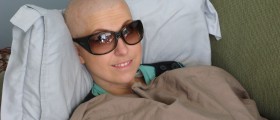
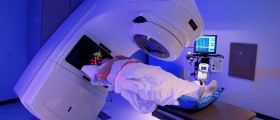
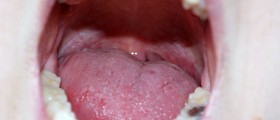


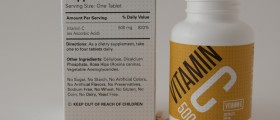
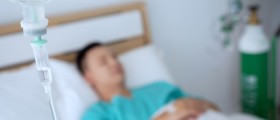
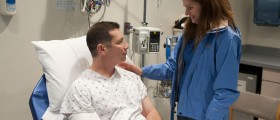
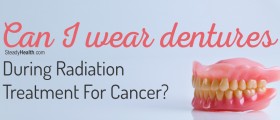

Your thoughts on this
Loading...